Service hotline
+86 0755-83044319
release time:2025-06-05Author source:SlkorBrowse:1078
Integrated circuits form the cornerstone of the information society, yet China has long faced technological constraints imposed by foreign powers. Among these, FPGA chips stand as the "crown jewel" of the IC industry. In China, a group of pioneers has persistently dedicated themselves to advancing domestic FPGAs, working tirelessly to break foreign monopolies. Dr. Wang Haili, Founder and CEO of Hercules Micro, is one of them.
Hercules Micro is among China's earliest pioneers in independent R&D, mass production, and large-scale sales of general-purpose FPGAs and next-generation heterogeneous programmable computing chips. Its story began with an R&D team in Tsinghua Science Park. In 2017, this team—with over a decade of FPGA R&D experience—started anew, establishing a company rooted in the corporate culture of "Unite as One". Core members previously worked at Jing Microelectronics, an early domestic FPGA enterprise. Having weathered the arduous journey of creating China's first FPGA chips from scratch and surviving near-collapse due to funding shortages, these experiences solidified CEO Wang Haili's resolve to lead his team toward the goal of "perfecting domestic FPGAs."
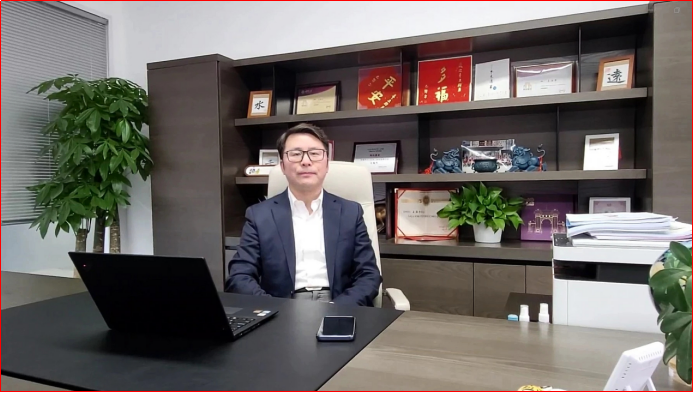
Wang Haili, CEO of Hercules Micro
"Survive first, then pursue development"—this pragmatic approach defined Hercules Micro's founding strategy. Wang's team chose mature 40nm process technology to launch multiple small-to-medium-capacity FPGA chips targeting consumer electronics, industrial control, and other sectors. These chips quickly gained market validation and scaled production thanks to their cost-effectiveness and differentiated advantages, laying commercial groundwork for future R&D.

Hercules Micro Product Showroom
"Having survived the first phase, we now focus on growth," stated Wang Haili. In 2022, following the Zihe (HME-R) and Shan (HME-M) series, Hercules Micro launched multiple 22nm FPGAs, expanding into the Hercules (HME-H) and Pegasus (HME-P) series. This positioned it among China's earliest mass producers at this node.
Today, the company has successfully mass-produced chips across four process generations (65nm/55nm/40nm/22nm), with cumulative shipments exceeding tens of millions. These chips power strategic industries including consumer electronics, smart manufacturing, industrial power, security monitoring, and medical devices.
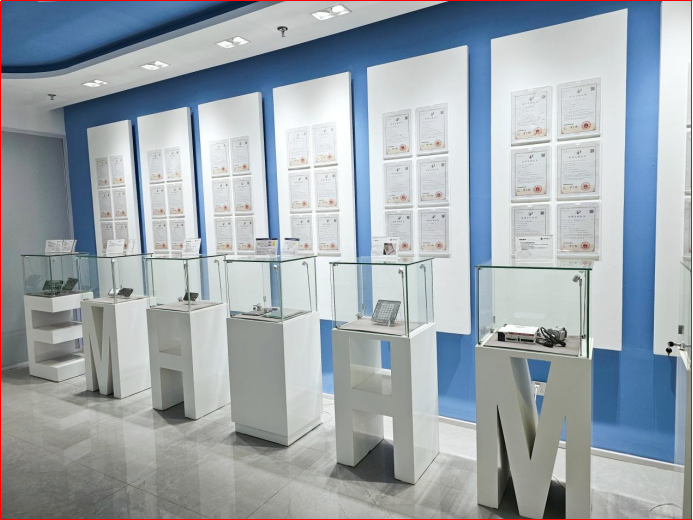
Hercules Micro (Partial) Patent Showcase Wall
Unlike traditional FPGAs, Hercules Micro innovates with its proprietary "Heterogeneous Programmable" architecture. This integrates FPGA fabric with CPU, MCU, memory, ASIC, AI accelerators, and other heterogeneous units into a single chip. The resulting products offer programmability, self-reconfigurability, scalability, broad applicability, high integration, reliability, powerful computing, and longevity. Its 22nm H7 Series combines FPGA logic resources, an ARM Cortex-M3 MCU, and large-capacity SRAM, enabling flexible programming and scenario-specific optimizations. Excelling in LED displays, consumer electronics, industrial automation, and medical applications, these solutions enhance end-product competitiveness and address niche market demands.

*Mini-LED Multi-Zone Backlight Solution for TVs (Based on HME-H7)*
At the recent 2025 Munich Shanghai Electronica Fair, Hercules Micro showcased its HME-H1, HME-H7, and HME-P2 FPGA series. Its HME-H7-based fully rotatable LED display solution drew significant attention. Breaking traditional display limitations, this innovation offers multi-angle flexibility and irregular-shape splicing, unlocking new possibilities for commercial displays. Attendees experienced firsthand how technology empowers business visualization.
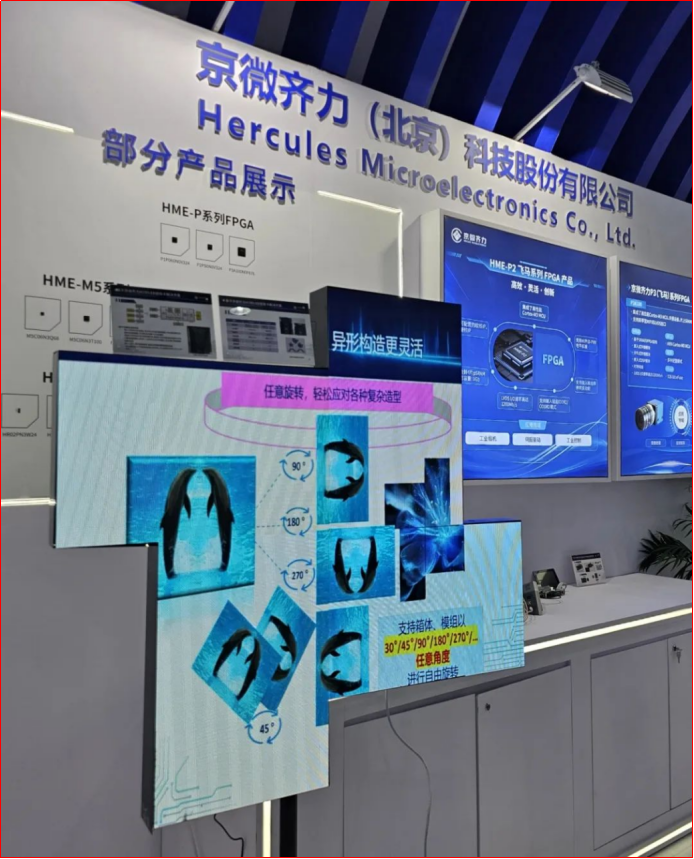
*Fully Rotatable LED Display Solution (Based on HME-H7 Series)*
At the booth, Dr. Wang engaged users and industry peers with product demos and discussions. He held an in-depth exchange with Mr. Song Shiqiang, General Manager of SLKOR Semiconductor, on industry trends in products, technology, and markets. Mr. Song's expertise in market expansion inspired Wang, who emphasized the need to break industry silos and strengthen cross-sector collaboration for mutual benefit.
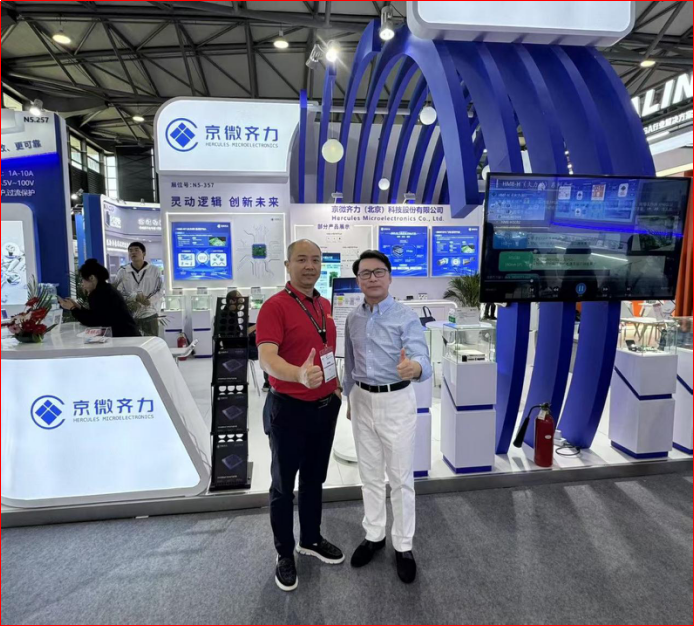 Song Shiqiang (SLKOR) and Wang Haili (Hercules Micro)
Song Shiqiang (SLKOR) and Wang Haili (Hercules Micro)
FPGA development requires not only hardware design but also EDA toolchain support. Hercules Micro is one of China's few companies mastering six core technologies: FPGA core design, SoC architecture, IC hardware design, EDA software development, IP application design, and heterogeneous system development. Its R&D team—with members from Tsinghua University, CAS, and other elite institutions—holds over 200 patents. The company is recognized as a "Specialized, Refined, Unique, and Innovative SME," "Little Giant" enterprise, and 6th IC Unicorn. It has won multiple awards, including the China IC Design Achievement Award, Best Processor Chip Award, and Annual Innovative Product Award, cementing its industry reputation for R&D strength and innovation.
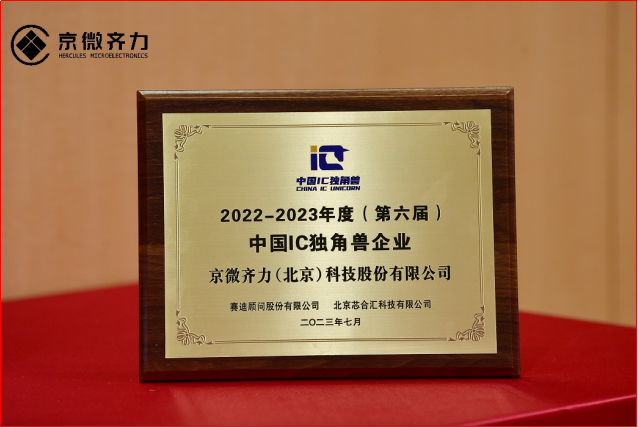
*Hercules Micro: 2022-2023 China IC Unicorn Enterprise*

2023 China IC Design Achievement Award Trophy
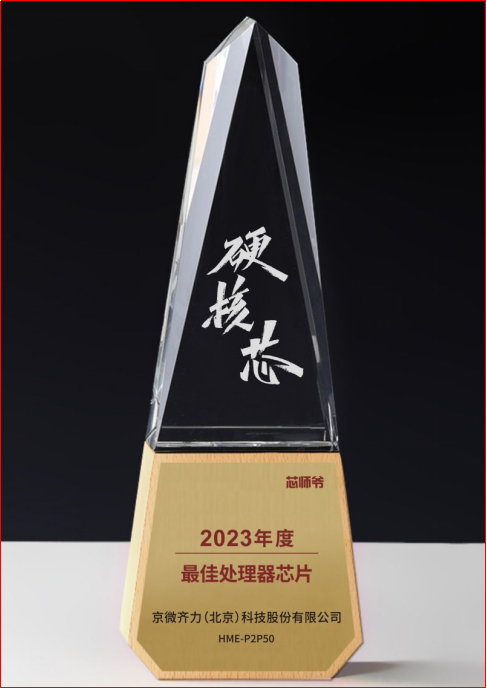
2023 Best Processor Chip Award Trophy
Regarding industry ecosystems, Wang noted that compared to a decade ago, China's FPGA sector is now thriving, with two companies listed on the STAR Market. While gaps with foreign giants remain, domestic players have gained traction in mid-to-low-end markets and lead in certain products. Wang urged Chinese FPGA firms to avoid redundant efforts, leverage their strengths collectively, and compete globally as a united front. He stressed that Hercules Micro aims not merely for import substitution but to advance programmable technology through quality and innovation.
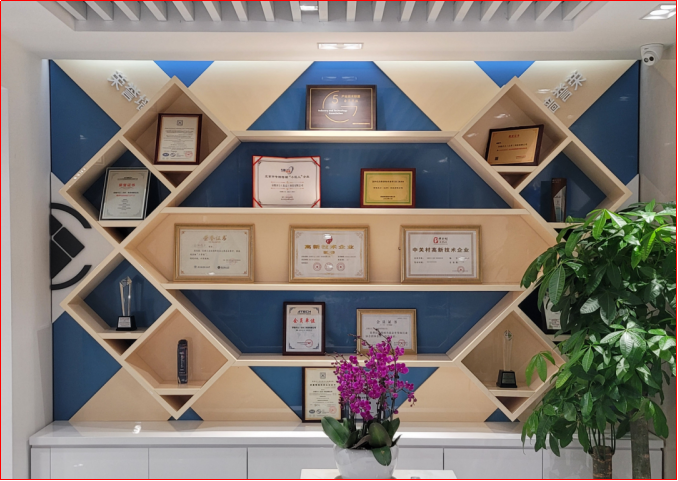
Hercules Micro Honors Wall
Currently, Hercules Micro plans 10–12 chips on 22nm, including a >1000K-logic-resource flagship. Six are already in mass production, with millions shipped. Wang emphasized that such versatile chips have long lifecycles; unlocking their value requires continuous exploration of application scenarios to form tailored solutions. Future efforts will optimize chip architectures and target advanced process nodes. Expansion into next-gen photovoltaics, smart devices (AR/VR/MR), AI, robotics, data centers, and automotive electronics is underway.


Potential Application Scenarios for Hercules Micro FPGAs
From survival to growth, Hercules Micro's two-decade journey—and its eight-year reboot—reflects a unique path in China's FPGA landscape, driven by an unwavering dream to perfect domestic chips. Wang likens the domestic FPGA race to a 42km marathon: "We've only covered 10km; the remaining 32km demands collaboration across China's FPGA community, backed by government and capital market support. Only through unity can we achieve our own victory."
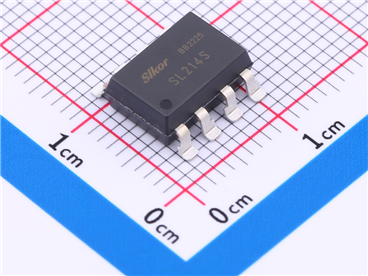
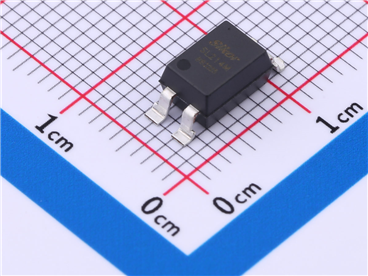
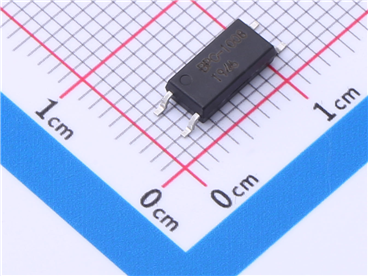
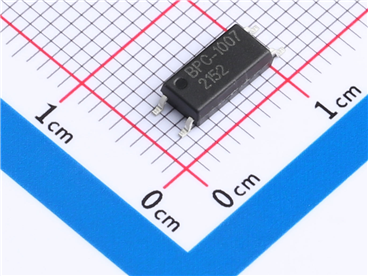
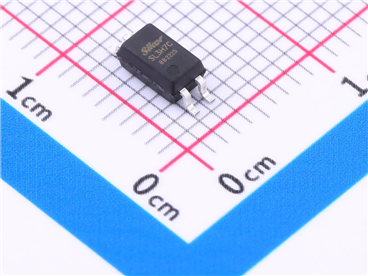



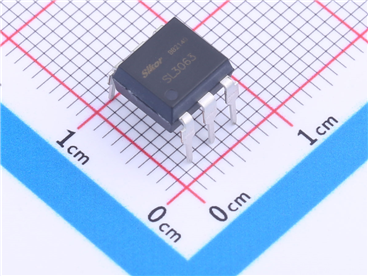
Site Map | 萨科微 | 金航标 | Slkor | Kinghelm
RU | FR | DE | IT | ES | PT | JA | KO | AR | TR | TH | MS | VI | MG | FA | ZH-TW | HR | BG | SD| GD | SN | SM | PS | LB | KY | KU | HAW | CO | AM | UZ | TG | SU | ST | ML | KK | NY | ZU | YO | TE | TA | SO| PA| NE | MN | MI | LA | LO | KM | KN
| JW | IG | HMN | HA | EO | CEB | BS | BN | UR | HT | KA | EU | AZ | HY | YI |MK | IS | BE | CY | GA | SW | SV | AF | FA | TR | TH | MT | HU | GL | ET | NL | DA | CS | FI | EL | HI | NO | PL | RO | CA | TL | IW | LV | ID | LT | SR | SQ | SL | UK
Copyright ©2015-2025 Shenzhen Slkor Micro Semicon Co., Ltd